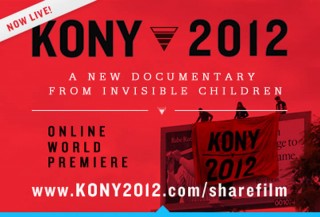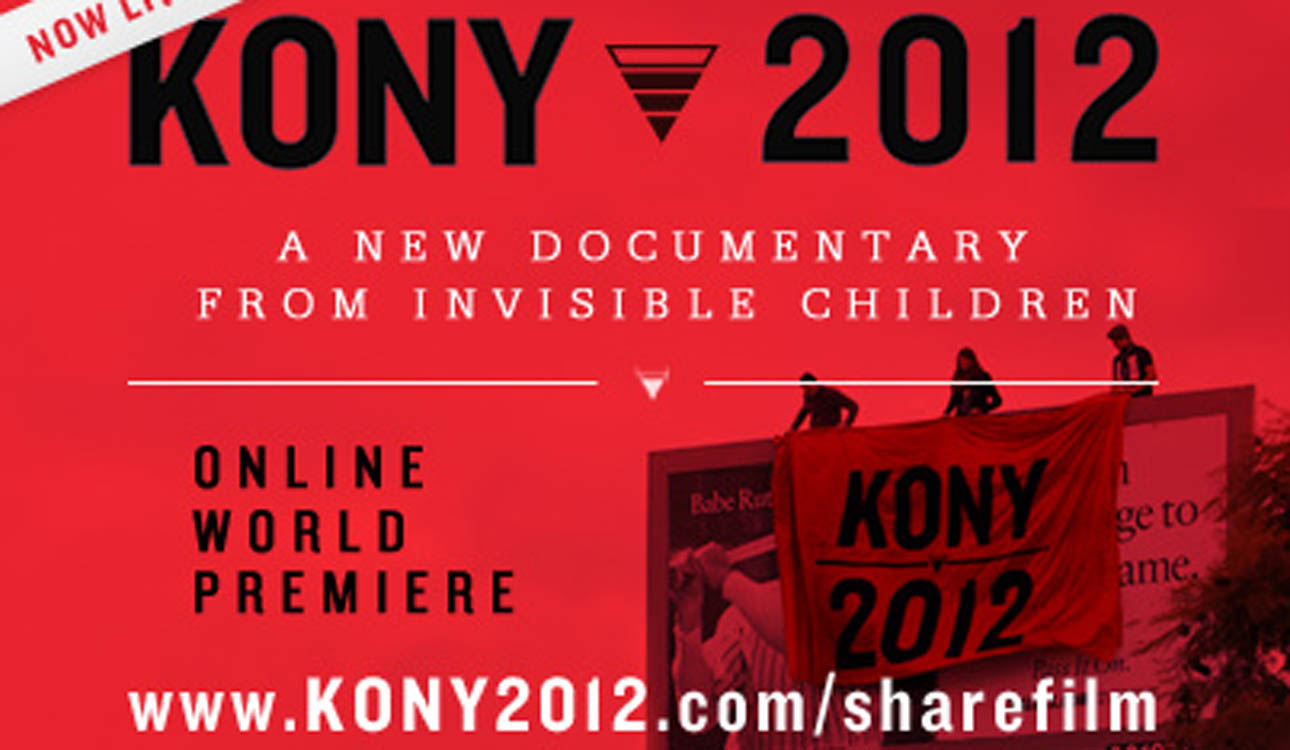
Courtesy Photo
By Joshua Madden
A&E Editor
Anyone with a Facebook account spent much of last evening watching their Facebook news feed blowup with reposts of the “Kony 2012” film made by Invisible Children.
The film seeks to raise awareness of the events in Uganda to eventually bring Joseph Kony, the leader of the Lord’s Resistance Army, to justice for his crimes against humanity.
The Lord’s Resistance Army (known more commonly as the LRA) is a resistance group that arose of out of the civil conflict in Uganda. The LRA has been designated as a terrorist group by the United States federal government, in large part due to their role in the ongoing genocide in the region. The group is estimated to still have about 2,000 members — many of them children forced into roles as soldiers — although this is a remarkable decrease from the numbers that the group once had.
It’s not necessarily a bad goal to have, although it does make me nervous that the means to that goal are so unclear. Are we supposed to encourage an increase of the American military presence in the region? Are we supposed to begin working in the surrounding area where Kony and the LRA are often based out of?
These are questions that go relatively unanswered by the “Kony 2012” film.
I think that my friends on Facebook who are reposting the “Kony 2012” are well-intentioned, but they need understand that most of them are doing this somewhat blindly. International affairs — particularly when you get military force of any size involved — are complicated. It is not something that can be contained in a 29-minute video.
In fairness to the Invisible Children movement and the makers of the film, I don’t think that was their intention. “Kony 2012” was not meant to be the end-all, be-all source for Ugandan policies, but I wish they would have made that more clear.
Why couldn’t the video recommend books to read, classes to take or people to talk to? I’m not talking about people to lobby — the video does plenty of that — I’m talking about finding people to discuss the issues with.
An informed populace is a stronger populace. Before you lobby for a policy because of a film you’ve seen, you might want to look at what you’re actually lobbying for.






